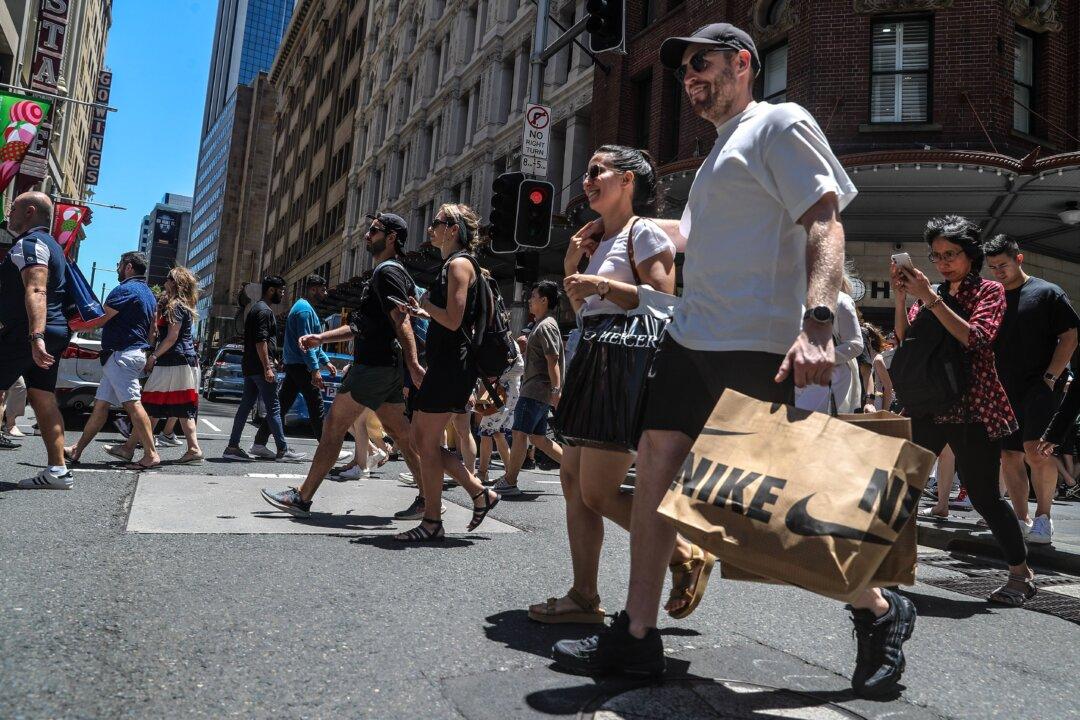The majority of Australians do not want companies to get involved in politics, a new study has shown.
Advertising agency Leo Burnett Australia and the University of Technology Sydney’s (UTS) business school have released a joint survey (pdf) that studied what consumers wanted businesses to do to have a positive impact on society.





